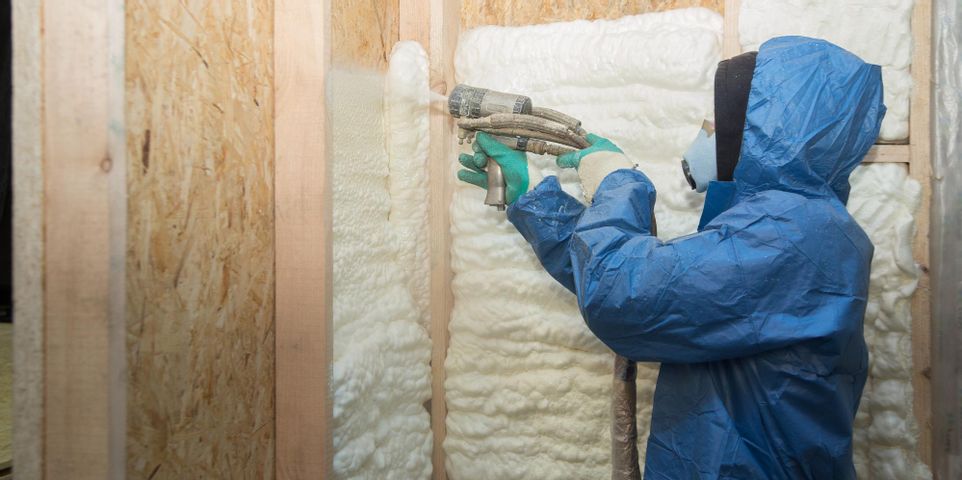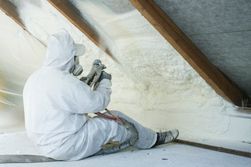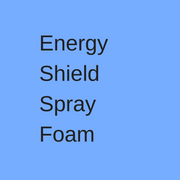4 Myths About Spray Foam Insulation Debunked

Spray foam insulation is a popular choice for insulating homes despite a few myths that may make you reluctant about considering this product for your residence. Here’s a guide to dispel four myths about the thermal insulating properties of foam.
Common Misconceptions About Spray Foam Insulation
1. It Damages Shingles
If your home has a shingled roof, you may be avoiding the use of spray foam insulation out of fear that it will cause the shingles to degrade faster. Although foam increases the temperature of a roof slightly, the increase won’t cause significant damage to shingles. Homes in the southern United States that used spray foam experienced only a year’s difference in the longevity of their shingles. No difference was experienced by northern homeowners when they switched from traditional insulation to spray foam.
2. It’s an Untested Fad
Although foam insulation has experienced a recent burst in popularity, it has been used in homes since the early 1950s. You shouldn’t be wary about giving it a try. Residential and commercial properties have been protected with foam for decades. Before it was used in homes, spray foam insulated airplanes as far back as the 1940s.
3. It’s Less Effective Than Fiberglass 
In terms of the R-value, or thermal resistance, fiberglass is on par with foam. Both types of insulation provide an effective barrier between hot and cold, although fiberglass lets moisture and some air to flow in and out.
4. It Poses Health Risks
The spray insulation contractors you hire for installation will wear protective masks and clothing because foam is hazardous to breathe as it’s being applied. Your contractors, however, will know the necessary safety precautions to take. Once the foam dries, it’s entirely safe and doesn’t emit any harmful fumes.
After dispelling the myths that surround spray foam insulation, its many benefits become apparent. Located in Eminence, KY, Energy Shield Spray Foam has the skills and resources to supply your home with quality insulation and help you save on your heating and cooling bills. To schedule an energy audit or request a quote for foam insulation installation, call (502) 220-0231, or visit them online to learn more about their services.
About the Business
(1 reviews)
Have a question? Ask the experts!
Send your question

